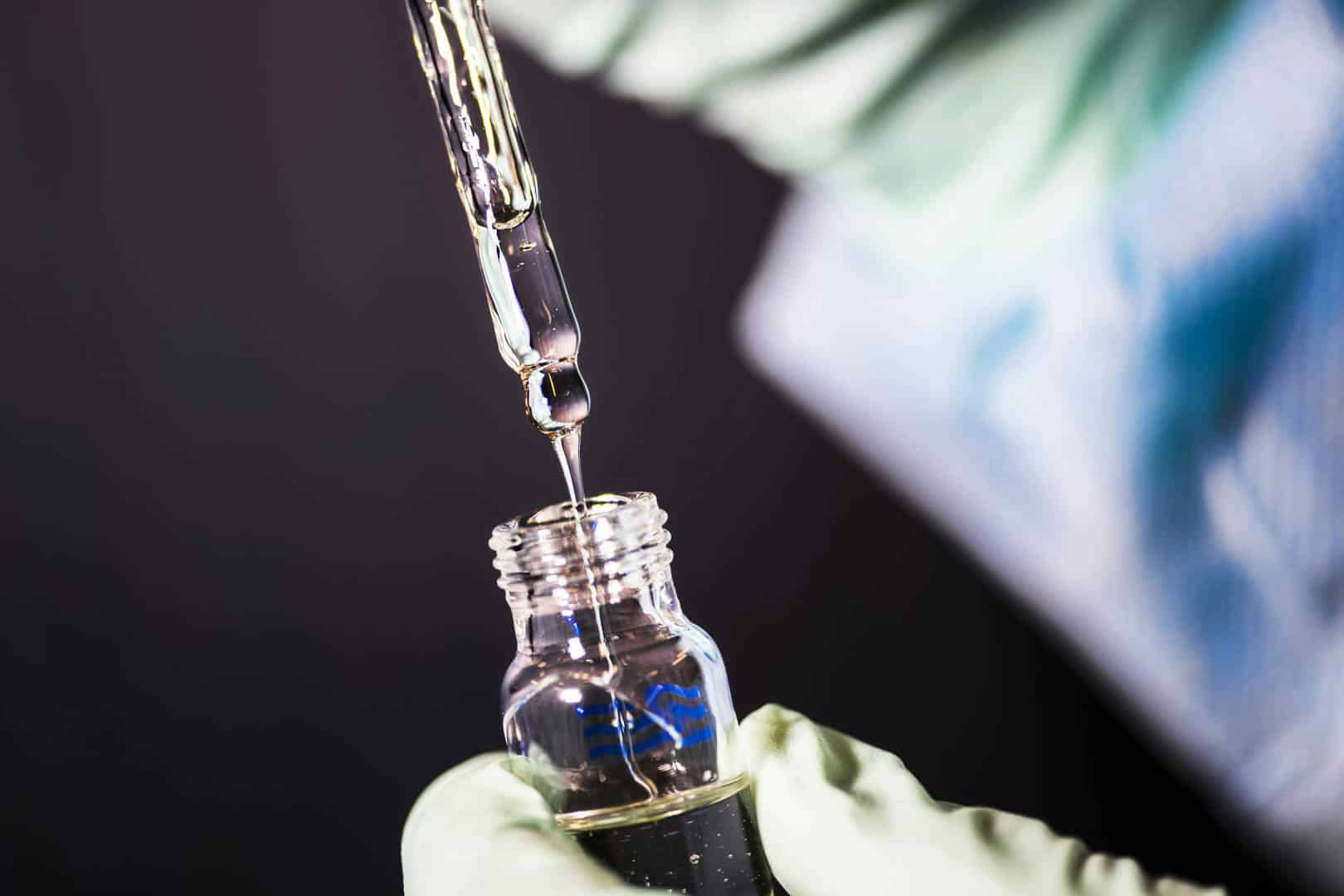The Key to Risk Management: Regulatory Compliance in Medical Device Development
When it comes to medical device development, patient safety and product reliability are non-negotiable. That’s why risk management in regulatory compliance in medical device development is not just a box to check—it’s the backbone of market readiness and long-term success.
Medical device companies face a complex regulatory landscape, with stringent rules set by the FDA, EU MDR, and global standards like ISO 13485. At the same time, they must systematically identify, evaluate, and mitigate potential risks that could compromise patient health or device performance. These twin responsibilities—risk management and regulatory compliance—are deeply intertwined. One reinforces the other.
Understanding how to align these processes is critical for founders and consultants guiding the next generation of medical device innovation. The stakes are high: poor compliance or a weak risk management framework can lead to costly delays, failed audits, or even product recalls.
In this post, we’ll explore how smart risk management supports regulatory success—and how a purpose-built cloud platform like Galen Cloud can make this process significantly more efficient.
Understanding Risk Management in the Context of Regulatory Compliance
At its core, risk management in medical device development means identifying what could go wrong—then designing and documenting steps to prevent, reduce, or respond to those risks. Regulatory bodies worldwide require this level of rigor because the consequences of a failure in a medical device can be life-threatening.
The foundational framework most widely used for this purpose is ISO 14971, which outlines a risk management process specific to medical devices. It emphasizes a lifecycle approach, requiring companies to proactively assess risk at every phase—from design and development to manufacturing and post-market surveillance.
But risk management doesn’t exist in a vacuum. It’s directly embedded into regulatory frameworks like:
- FDA regulations (21 CFR Part 820), which mandate risk controls as part of the Quality System Regulation.
- EU MDR, a set of rules that ensures the safety and effectiveness of medical devices in the European Union market, replacing older directives and introducing stricter requirements for manufacturers. The new standards require risk-benefit analysis and continuous risk monitoring throughout a device’s lifecycle.
- ISO 13485, the global standard for quality management systems in medical devices, which integrates risk-based thinking across processes.
Risk management supports compliance by ensuring that every hazard has been accounted for—and that your documentation proves it. It also enables a traceable and auditable trail of decision-making, which regulators look for during inspections or premarket approval processes.
Innovation is also causing an increase in Software as a Medical Device (SaMD) projects. For SaMD teams, understanding regulatory trends is especially critical. Our SaMD industry update explores the latest developments and compliance insights.
For all Advanced Medical Device companies, the key to risk management in today’s data-driven environment also includes planning for cybersecurity threats, data breaches, and integration risks with other systems or software. That’s why modern risk strategies increasingly rely on digital tools and real-time monitoring to identify and respond to evolving threats.
In the next section, we’ll dive into the specific challenges that startups and growth-stage medical device companies face when trying to align with these global regulatory standards—and why resource constraints can make or break compliance.
The Compliance Challenge: Why Startups Struggle with Risk Management
For startups and early-stage medical device companies, regulatory compliance can feel overwhelming. Founders and technical teams are often laser-focused on product development—perfecting algorithms, refining device performance, and running clinical validations. But risk management and documentation? That’s often seen as a time-consuming hurdle that slows down innovation.
Unfortunately, this mindset can lead to avoidable mistakes that delay product launches or derail audits.
Common challenges startups face include:
- Limited regulatory expertise: Without a dedicated quality or regulatory team, companies may misinterpret compliance requirements or overlook critical documentation steps.
- Documentation gaps: Inadequate records of design controls, risk assessments, and testing protocols can lead to non-compliance—even if the product itself is safe.
- Version control and traceability issues: Manual tracking of risk assessments, software updates, and design changes often leads to inconsistencies.
- Scalability problems: As a company grows, risk management processes that were manageable with spreadsheets and email threads quickly become unmanageable.
In addition, the regulatory bar is rising. Authorities like the FDA and European regulators now expect continuous risk monitoring, not just a one-time evaluation. Startups that rely on static documents or outdated tools struggle to meet these evolving expectations.
Many startups also struggle with maintaining robust documentation and quality controls as they grow. Using an electronic Quality Management System (e-QMS) can help streamline compliance processes and improve efficiency from the start.
Here’s the good news: You don’t have to build these systems from scratch. By investing in a secure, cloud-based infrastructure early on, companies can embed compliance into their product development lifecycle, making it easier to scale and adapt to regulatory changes over time.
How a Robust Cloud Platform Streamlines Risk and Compliance
The modern cloud platform is the most efficient and scalable solution for medical device development. How so?
A solution like Galen Cloud isn’t just for storing data—it enables smarter risk management and faster regulatory readiness. By centralizing patient, device, and testing data in one compliant environment, startups gain real-time visibility and documentation at every stage of development.
Here’s how a robust cloud platform simplifies compliance:
- Automated traceability: Easily track changes to software, hardware, and risk assessments across versions—without relying on spreadsheets.
- Integrated audit trails: Every change is logged, time-stamped, and tied to a user, creating an instant audit-ready environment.
- Real-time data insights: Proactively monitor performance and risk indicators with built-in dashboards that help detect potential issues before they escalate.
- Secure access controls: Manage user permissions and protect sensitive patient or device data in a way that aligns with HIPAA, GDPR, and FDA expectations.
- Global compliance readiness: Galen Cloud is designed with ISO 13485, FDA, and EU MDR standards in mind, helping teams avoid missteps that lead to delays.
A cloud-native infrastructure enables teams to stay audit-ready while integrating new devices and data streams—something that can be challenging without a clear IT plan. See our guide on onboarding advanced medical devices onto IT infrastructure for best practices.
Platforms like Galen Cloud are purpose-built for the medical device industry. This means faster setup, less customization, and a development team that speaks your regulatory language.
For resource-constrained startups, this can be a game changer. Instead of going down the expensive and time-consuming rabbit hole of building custom infrastructure or hiring full-time compliance staff, you get a scalable system that supports both your engineering and regulatory goals—without sacrificing innovation speed.
Turning Risk Management into a Competitive Advantage
Risk management doesn’t have to be a burden—it can become a strategic advantage. Medical device companies that treat compliance as a core part of innovation are better positioned to enter global markets, attract partners and investors, and earn the trust of healthcare providers and patients.
By embedding risk management into your development process and leveraging purpose-built tools, you’re not just meeting regulatory requirements—you’re building a product and company that are designed to scale safely and effectively.
At Galen Data, we believe that startups shouldn’t have to choose between speed and compliance. That’s why we created Galen Cloud, a platform that empowers medical device teams to:
- Manage and monitor device and patient data in real time.
- Simplify the documentation process with built-in traceability and audit trails.
- Scale your data infrastructure without worrying about regulatory setbacks.
Whether you’re preparing for an FDA submission, working toward CE marking, or planning your post-market strategy, Galen Data is here to support your journey. We understand the unique challenges medical device teams face, and we have the cloud expertise to help you navigate them.
- Develop a secure and scalable data management plan.
- Leverage our expertise in medical device data and compliance.
- Focus on innovation while we handle the infrastructure.
Schedule a call with us today to discuss your specific needs and see how Galen Data can help you store, manage, and secure your medical device data at scale.






